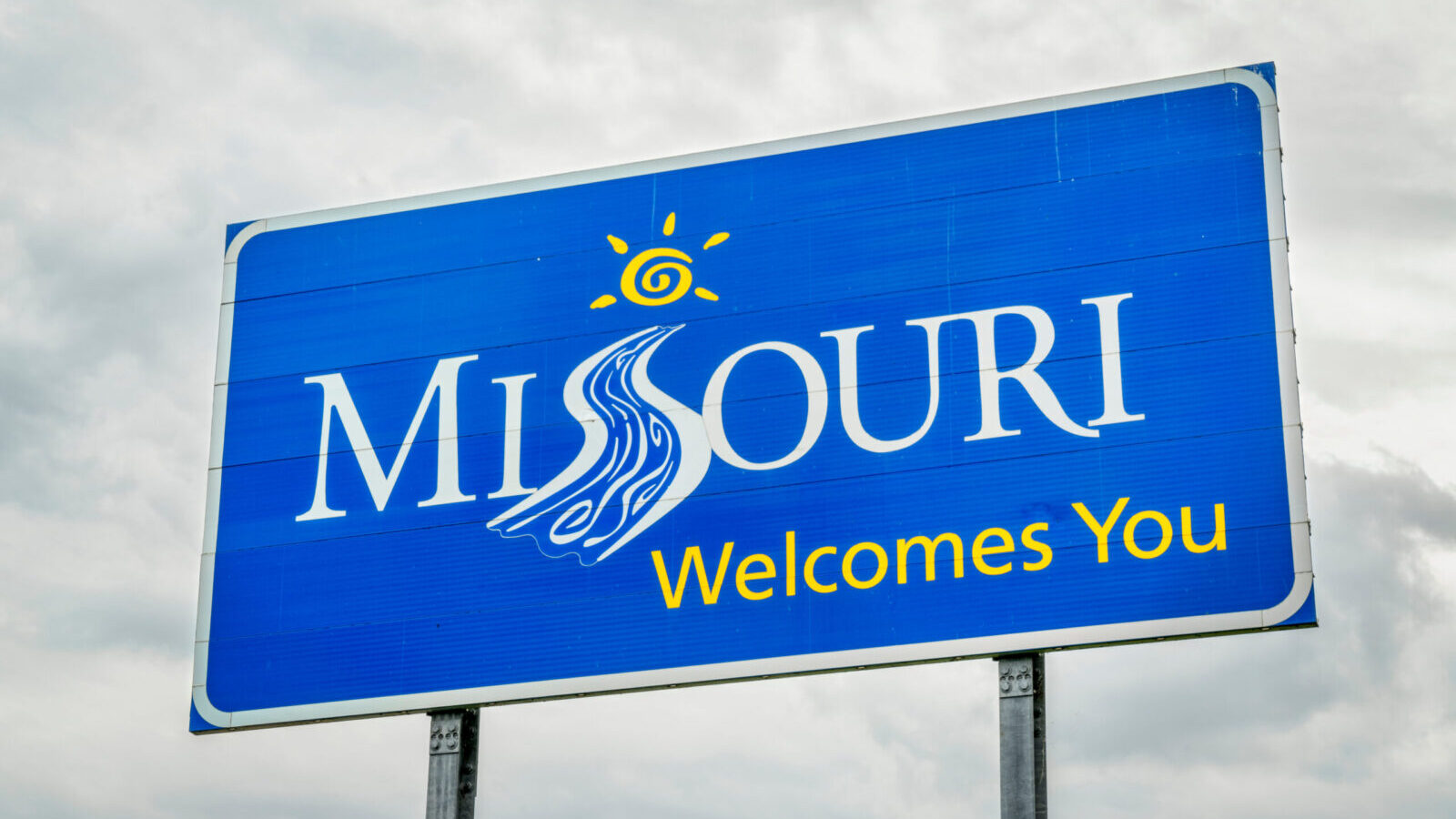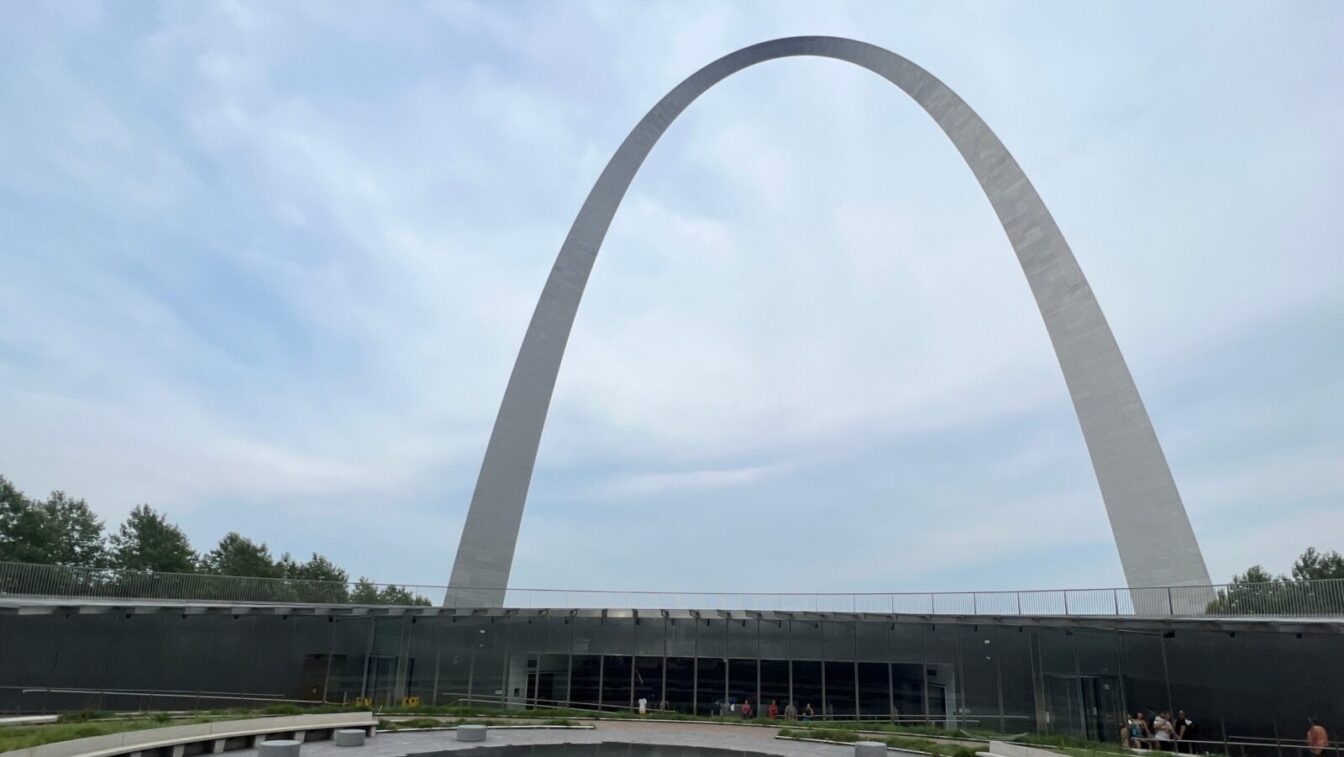Missouri Narrowly Approves Sports Betting, Becomes Only State To Legalize In 2024
Lawmakers are working to expedite the rollout, and sportsbooks could launch as soon as December
2 min

Missouri voters passed Amendment 2 on Election Day, marking a historic decision for the state and reshaping its gaming landscape by legalizing sports betting. The vote was close, with the outcome uncertain until Wednesday morning, when final tallies from Greene County tipped the scales in favor of legalization.
The narrow 14,000-vote margin, out of almost 2.9 million cast ballots, solidified Missouri as the sole state to legalize sports betting in 2024, positioning it to launch wagering as soon as December of this year or, at the latest, by Dec. 1, 2025. Missouri lawmakers are now working on an expedited timeline for the rollout, with hopes to initiate legal betting by Dec. 5, 2024.
Amendment 2 establishes a framework for sports betting in Missouri, enabling both retail and online betting through partnerships with major sports franchises and casino operators. The amendment permits Missouri’s six professional sports teams to establish on-site sportsbooks in dedicated entertainment districts around their stadiums, as well as to launch team-branded online betting platforms.
Missouri’s six licensed casino operators will similarly be allowed to set up sportsbooks on their premises and offer online betting services. Additionally, two licenses are earmarked for independent online operators with no affiliation to Missouri-based teams or casinos, potentially diversifying the market with a broader range of options for bettors.
A boost to public coffers
The tax structure — set at 10% — for this new revenue stream will allocate funds directly to state education programs and gambling addiction services.
However, the amendment includes provisions allowing operators to deduct federal and promotional expenses before calculating their taxable revenue, which has sparked debate about the actual financial benefits Missouri will reap. Critics argue that these deductions could lessen the revenue ultimately channeled toward state programs, particularly education.
The legalization effort was supported by a substantial campaign called “Winning for Missouri Education,” which invested almost $41 million to promote the amendment. Industry giants DraftKings and FanDuel were primary backers, leveraging their financial resources to shape public opinion in favor of sports betting.
On the opposing side, Caesars Entertainment initially mounted a $14 million campaign against the amendment but withdrew advertisements in the days leading up to Election Day. Despite the narrower-than-expected victory, the pro-betting advocates successfully capitalized on their educational funding pitch, winning over a slight majority of Missouri voters.
Missouri joins more than three dozen states that permit sports betting, though it stands out in being the only state to legalize the activity this year. Missouri’s tight vote indicates that legalization remains a polarizing issue, with strong pockets of opposition, especially in southwestern regions of the state.
Colorado betting revenue to cover water deficit
While Missouri’s decision takes center stage among sports betting ballot measures, voters in Colorado made a related choice regarding sports betting revenue on Election Day. Colorado approved Proposition JJ, allowing the state to retain all tax revenue generated from sports betting for use in water projects, a critical issue in the arid state.
Colorado’s measure passed decisively, with over 76% support. Proposition JJ lifts the previous cap of $29 million on retained sports betting revenue, enabling the state to channel additional funds toward water resource initiatives, crucial as the region grapples with increasing droughts and water shortages.





